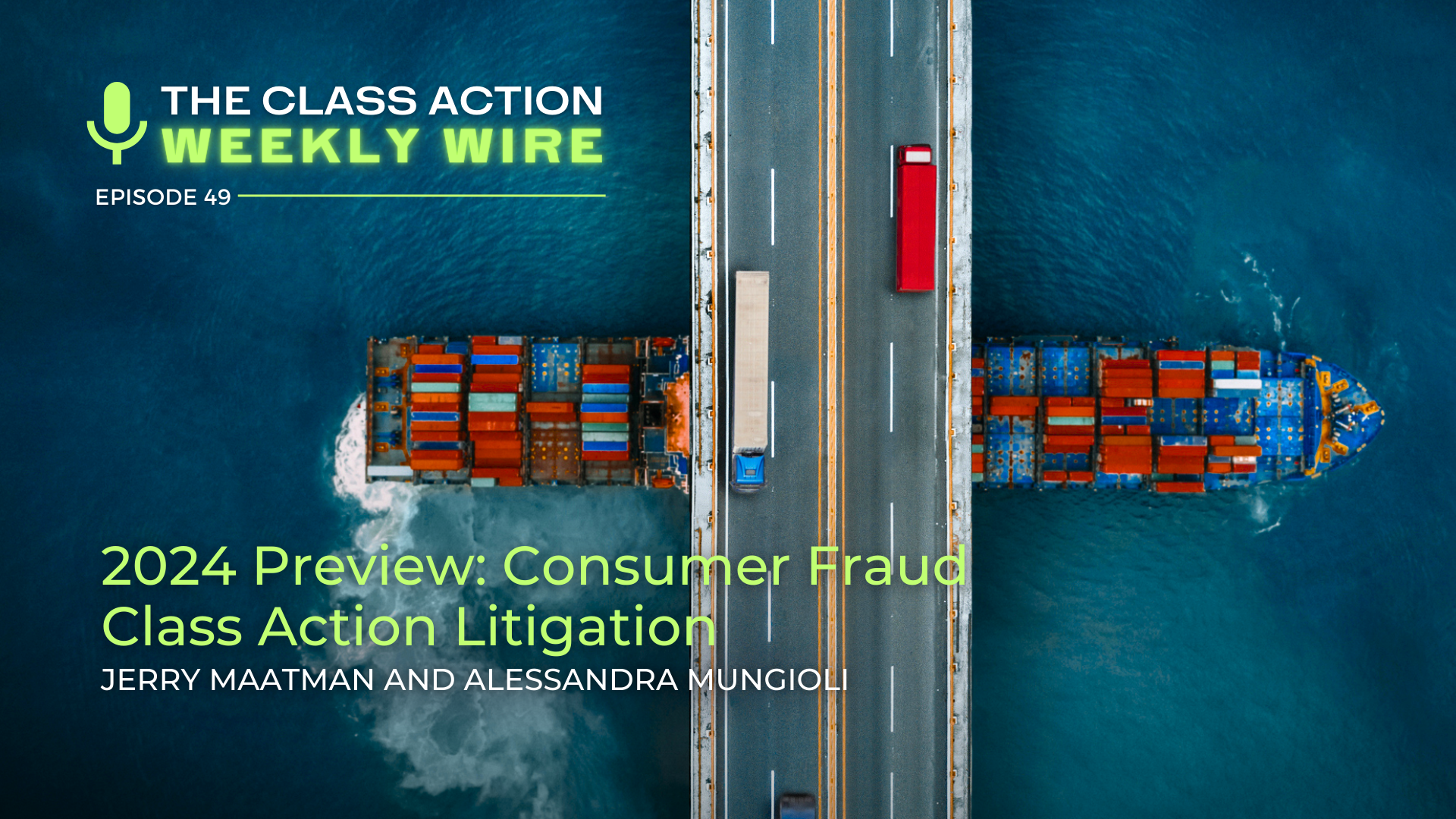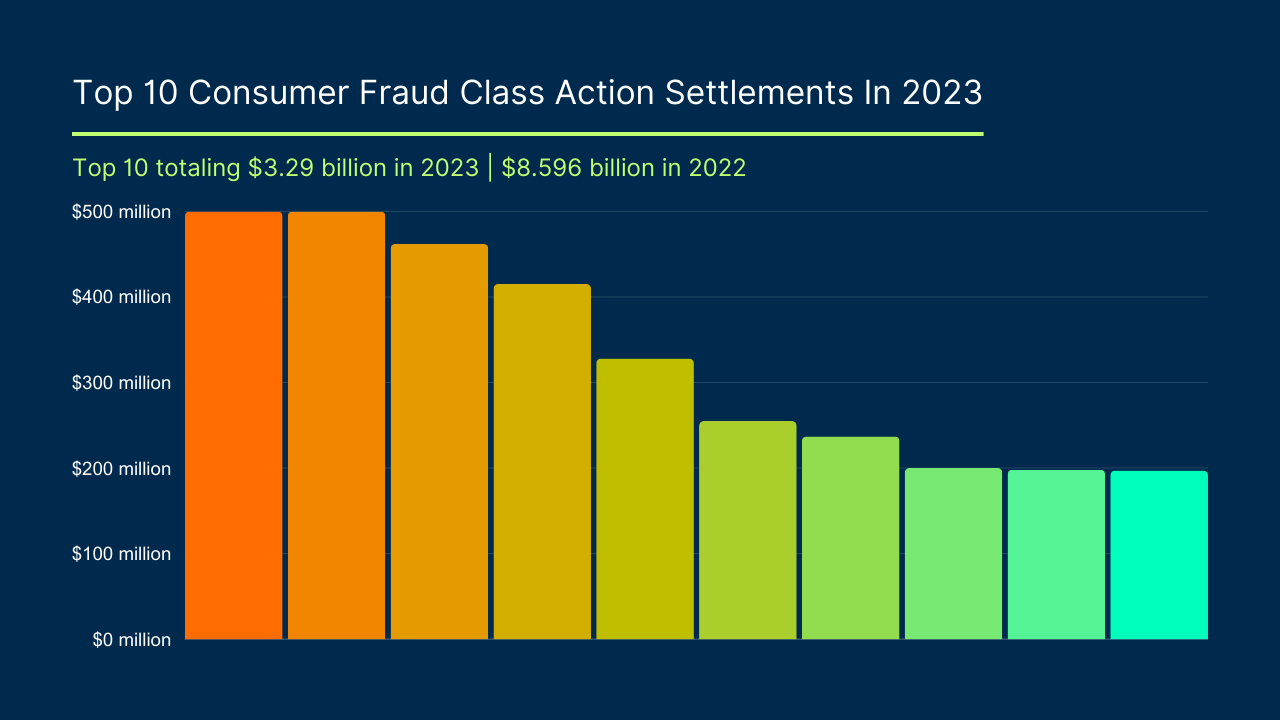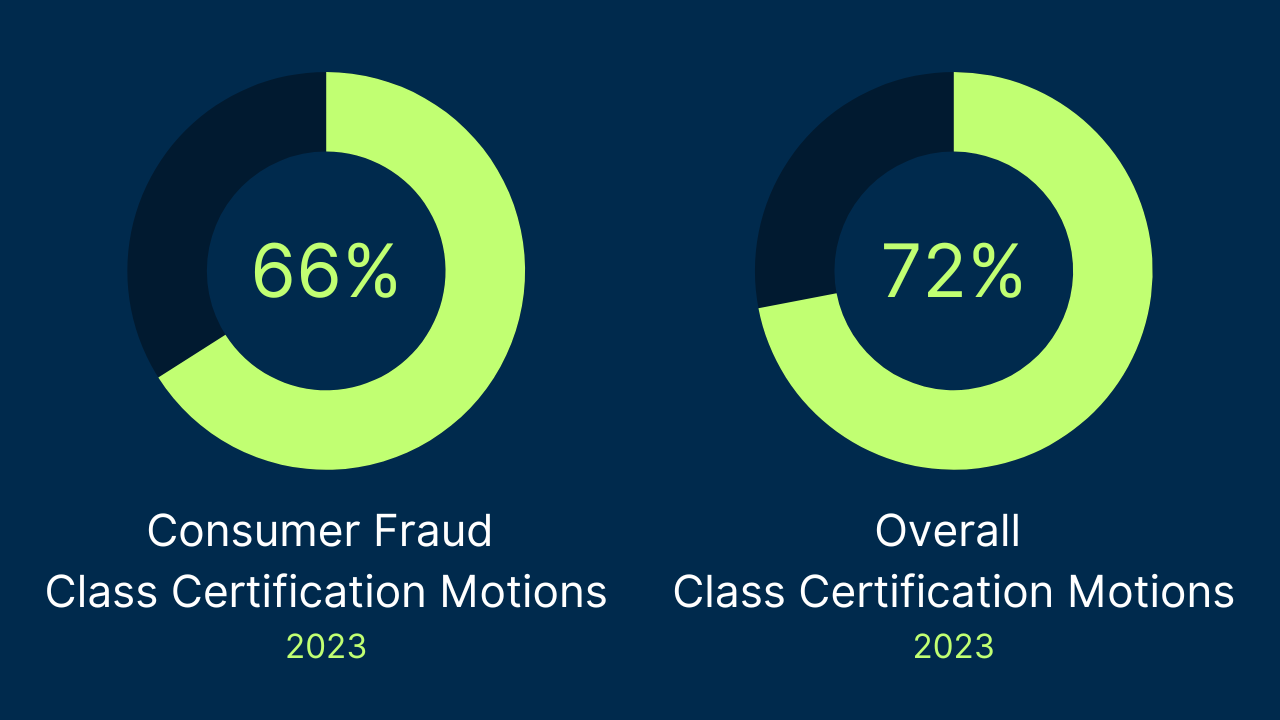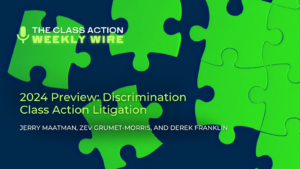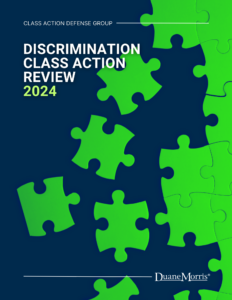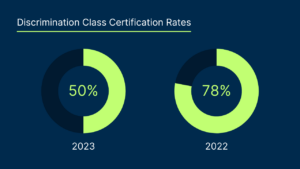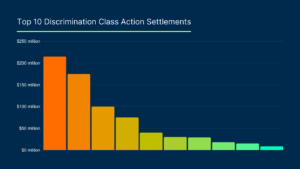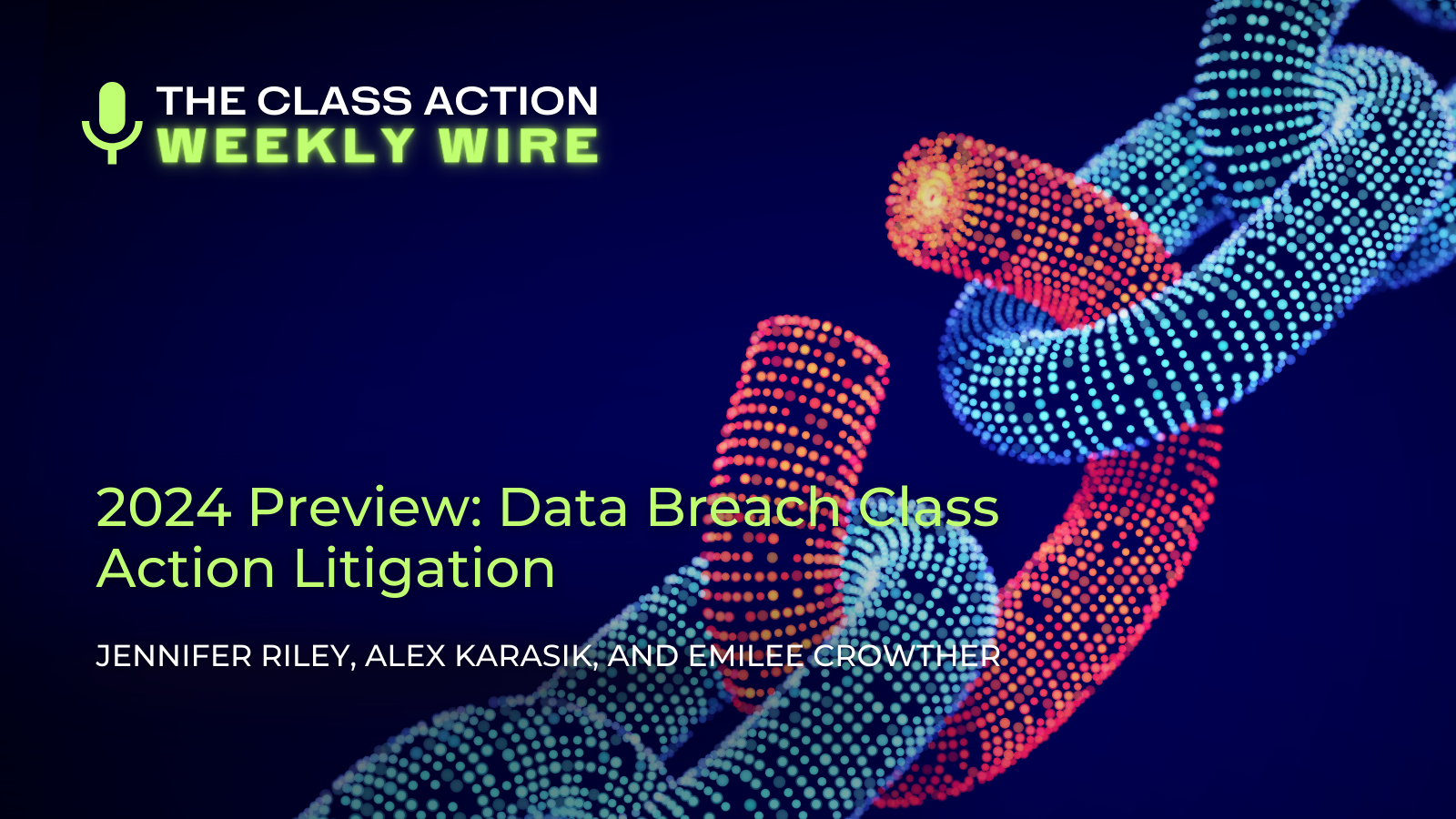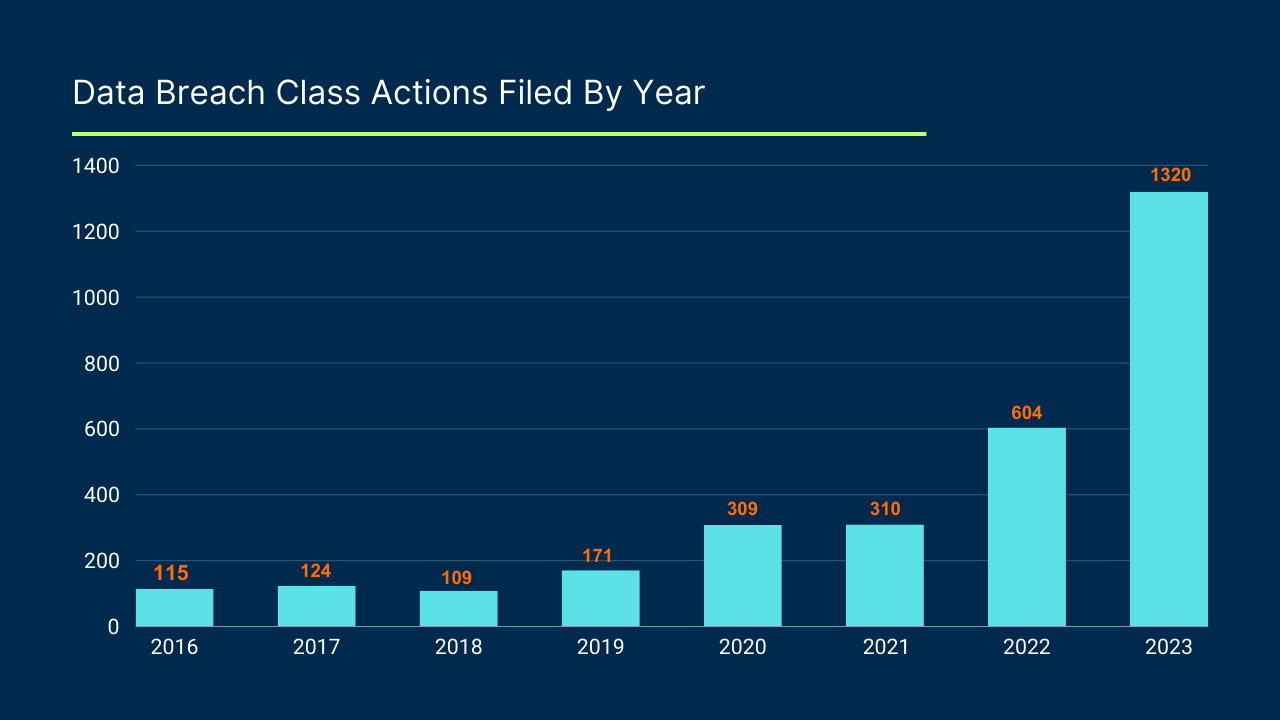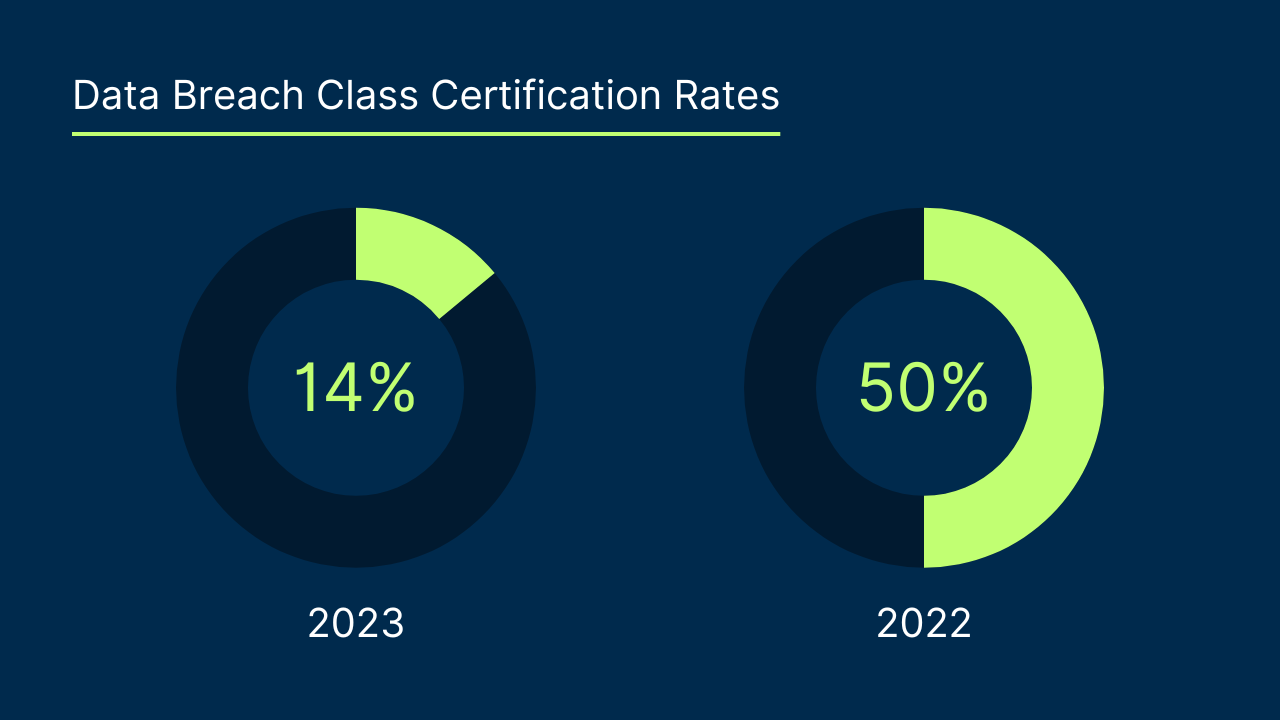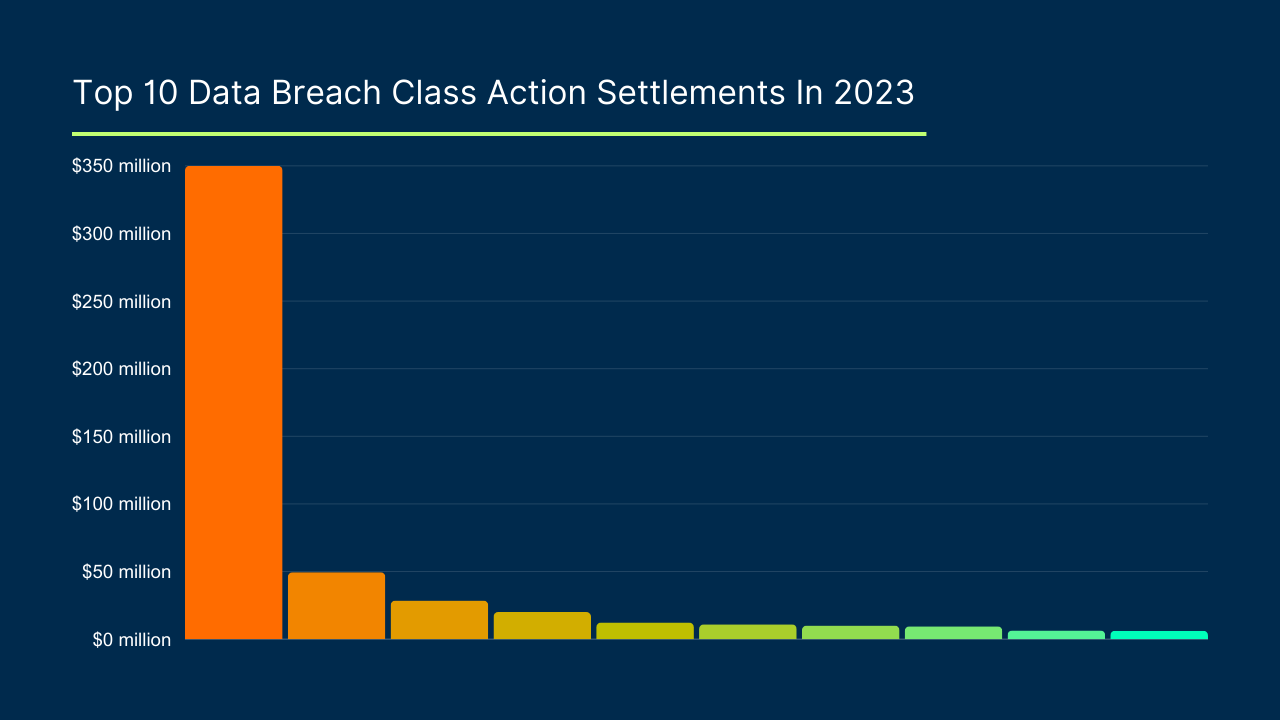 By Gerald L. Maatman, Jr. and Jennifer A. Riley
By Gerald L. Maatman, Jr. and Jennifer A. Riley
Duane Morris Takeaways: As the ultimate referee of law, the U.S. Supreme Court has continued to define and shift the playing field for class action litigation. The Supreme Court’s rulings in 2022 were no exception. Consistent with its approach over the past several years, the Supreme Court issued three key rulings that impact the plaintiffs’ bar’s ability to bring and maintain class actions. The rulings include Southwest Airlines Co. v. Saxon, et al., 142 S.Ct. 1783 (2022), Morgan, et al. v. Sundance, Inc., 142 S.Ct. 1708 (2022), and Viking River Cruises, Inc. v. Moriana, et al., 142 S.Ct. 1906 (2022).
The most effective tool for combating class actions may be the arbitration defense. Contrary to the tendency of its rulings in recent years to expand the arbitration defense, and thus make it more difficult for the plaintiffs’ bar to pursue claims on a class-wide basis, this past year the U.S. Supreme Court pulled back on the arbitration defense by narrowing its coverage. After expanding this defense for defendants over the past decade, for the first year we can recall, the Supreme Court issued two decisions that arguably pull back on and weaken the defense for defendants. In a third decision, the Supreme Court continued to protect the defense from state efforts to dilute its impact and limit its application to claims asserted under state law.
Arguably as important as the areas for which it offered guidance, the Supreme Court declined to take up cases in two key areas apt to continue to fuel defenses and, thus, to have a significant impact on class action litigation over the upcoming year, including defenses regarding personal jurisdiction and those that challenge a court’s ability to certify classes that include uninjured members.
A. Southwest Airlines Co. v. Saxon, et al., 142 S.Ct. 1783 (2022)
In the first and arguably the largest door-opener to the courthouse for the plaintiffs’ class action bar during 2022, the Supreme Court narrowed the application of the Federal Arbitration Act by expanding its so-called “transportation worker exemption.”
The plaintiff, a ramp supervisor, brought a collective action lawsuit against Southwest for alleged failure to pay overtime. Id. at 1787. Southwest moved to enforce its workplace arbitration agreement under the Federal Arbitration Act (FAA). In response, the plaintiff claimed that she belonged to a class of workers engaged in foreign or interstate commerce and, therefore, fell within §1 of the FAA, which exempts “contracts of employment of seamen, railroad employees, or any other class of workers engaged in foreign or interstate commerce.” Id. The plaintiff filed an “uncontroverted declaration” stating that, as a ramp supervisor, she “frequently” stepped in to load and unload cargo on and off airplanes traveling across state lines. Id. at 1787-88.
The district court rejected the plaintiff’s argument and granted Southwest’s motion. It held that only those involved in “actual transportation,” and not those merely “handling goods” fall within the exemption. Id. at 1787. The U.S. Court of Appeals for the Seventh Circuit reversed and the U.S. Supreme Court granted review. As an initial matter, the Supreme Court noted that Southwest did not “meaningfully contest” that ramp supervisors like the plaintiff “frequently load and unload cargo.” Thus, it accepted the premise that the plaintiff “belongs to a class of workers who physically load and unload cargo on and off airplanes on a frequent basis.” Id. at 1788.
The Supreme Court went on to hold that “any class of workers directly involved in transporting goods across state or international borders” falls within the exemption. Id. at 1789. It had no problem finding the plaintiff part of such a class: “We have said that it is ‘too plain to require discussion that the loading or unloading of an interstate shipment by the employees of a carrier is so closely related to interstate transportation as to be practically a part of it.’ . . . We think it equally plain that airline employees who physically load and unload cargo on and off planes traveling in interstate commerce are, as a practical matter, part of the interstate transportation of goods.” Id. (citation omitted).
The Supreme Court interpreted the §1 exemption in a way such that contracts with workers who engage in the process of transportation across state lines are not enforceable under the FAA. Thus, employers will need to turn to state law to attempt to enforce those agreements.
B. Morgan, et al. v. Sundance Inc., 142 S.Ct. 1708 (2022)
In a second door-opener for the plaintiffs’ class action bar during 2022, the U.S. Supreme Court broadened the circumstances that may give rise to a defendant’s waiver of the arbitration defense.
The plaintiff, an hourly employee at a Taco Bell franchise, brought a nationwide collective action lawsuit alleging that Sundance violated the FLSA by failing to pay overtime. When applying for her job, the plaintiff signed an agreement to use “arbitration, instead of going to court” to resolve any employment dispute. Id. at 1711. Sundance defended the lawsuit by moving to dismiss the suit as duplicative of another collective action previously brought by other employees, by subsequently answering the complaint, and by asserting 14 affirmative defenses, none of which included arbitration. Nearly eight months after the plaintiff filed the lawsuit, Sundance moved to stay the litigation and to compel arbitration under the FAA. The plaintiff opposed the motion and argued that, by litigating for eight months, Sundance waived enforcement of the arbitration agreement.
Applying Eighth Circuit precedent, the district court held that a party waives its right to arbitration only if it knows of the right, acts inconsistently with the right, and prejudices the other party by its inconsistent actions. Id. at 1711-12. The U.S. Court of Appeals for the Eighth Circuit agreed. It reasoned that, although the prejudice requirement is not a feature of federal waiver law generally, the requirement should apply because of the “federal policy favoring arbitration.” Id. at 1712. The U.S. Supreme Court subsequently granted review.
Although the parties disagreed about the role of state law in resolving questions as to when a party’s litigation conduct results in the loss of a contractual right to arbitrate, the Supreme Court observed that appellate courts, including the Eighth Circuit, generally have resolved such issues as a matter of federal law. Assuming the correctness of such decision, the Supreme Court considered only whether it was correct to “create arbitration-specific variants of federal procedural rules, like those concerning waiver, based on the FAA’s ‘policy favoring arbitration.’” Id. The Supreme Court decided the issue in the negative. It observed that, outside the arbitration context, federal courts assessing waiver do not generally ask about prejudice and, instead, focus on the actions of the person who held the right. Id. at 1713.
The Supreme Court noted that the Eighth Circuit’s rule in this case derives from a decades-old Second Circuit decision that grounded the rule in the FAA’s policy. Id. The Supreme Court, however, held that the FAA’s “policy favoring arbitration” does not authorize federal courts to “invent special, arbitration-preferring procedural rules.” Id. at 1713. Rather, the policy “is merely an acknowledgment of the FAA’s commitment to overrule the judiciary’s longstanding refusal to enforce agreements to arbitrate and to place such agreements upon the same footing as other contracts.” Id. In other words, the Supreme Court clarified that “[t]he policy is to make ‘arbitration agreements as enforceable as other contracts, but not more so.’” Id. Accordingly, it concluded that a court must hold a party to its arbitration contract just like any other contract but may not devise novel rules to favor arbitration over litigation.
C. Viking River Cruises Inc. v. Moriana, et al., 142 S.Ct. 1906 (2022)
In the largest door-closer to the courthouse to representative proceedings, the U.S. Supreme Court reacted to a state’s attempt to render alleged violations of its laws immune from arbitration.
The plaintiff filed an action under California’s Private Attorneys General Act of 2004 (PAGA) alleging that her former employer violated the California Labor Code. The PAGA purports to authorize any “aggrieved employee” to initiate an action “on behalf of himself or herself and other current or former employees” to obtain civil penalties recoverable by the State. Id. at 1914. The PAGA contains what the Supreme Court recognized as “effectively a rule of claim joinder” in that it allows a party to unite multiple claims against an opposing party in a single action. Id. at 1915.
The plaintiff’s employment contract with Viking contained a mandatory arbitration agreement and a class action waiver that prohibited any party from bringing a class, collective, or representative action under the PAGA. Viking moved to compel arbitration of the plaintiff’s individual PAGA claim and to dismiss her other PAGA claims. The trial court denied the motion, reasoning that, according to California precedent, courts cannot split claims into arbitrable “individual” claims and non-arbitrable “representative” claims. After the California Supreme Court affirmed, the U.S. Supreme Court granted review. Id. at 1917.
The Supreme Court ruled that the FAA preempts California precedent insofar as such precedent precludes division of PAGA actions into individual and non-individual claims through an agreement to arbitrate. The Supreme Court reasoned that, according to its precedents, the imposition of class procedures leaves unwilling parties with an unacceptable choice between being compelled to arbitrate using such procedures and foregoing arbitration altogether. While a rule that prohibits a court from enforcing a plaintiff’s waiver of standing to assert claims on behalf of absent principals does not conflict with the FAA, a rule prohibiting a court from enforcing a plaintiff’s waiver of the PAGA’s built-in claim joinder mechanism does conflict with the FAA because it unduly circumscribes the freedom of the parties to determine “the issues subject to arbitration” and “the rules by which they will arbitrate.” Id. at 1923.
The Supreme Court concluded that state law cannot condition the enforceability of an agreement to arbitrate on the availability of a procedural mechanism that permits an expansive rule of joinder. Id. at 1924. Because, as interpreted by California precedent, the PAGA’s joinder rule would function in such a way, it effectively would coerce parties into opting for a judicial forum rather than realizing the benefits of private dispute resolution. Thus, while the FAA does not preempt a wholesale waiver of PAGA claims, it does preempt a rule that prevents the PAGA claims from being divided into their individual and non-individual claims. Id. at 1925. The Supreme Court also noted that, because the PAGA does not contain a mechanism that enables a court to adjudicate non-individual claims after compelling individual claims to a separate proceeding, the lower court should have granted Viking’s motion to compel arbitration and dismissed the remaining claims. Id.
In the meantime, despite the U.S. Supreme Court’s ruling in Viking River, many plaintiff’s attorneys have requested, and many California courts have granted, stays of representative claims, rather than dismissals, likely in order to preserve tolling in the event that the California Supreme Court fashions a rule that permits them to proceed with representative claims.

